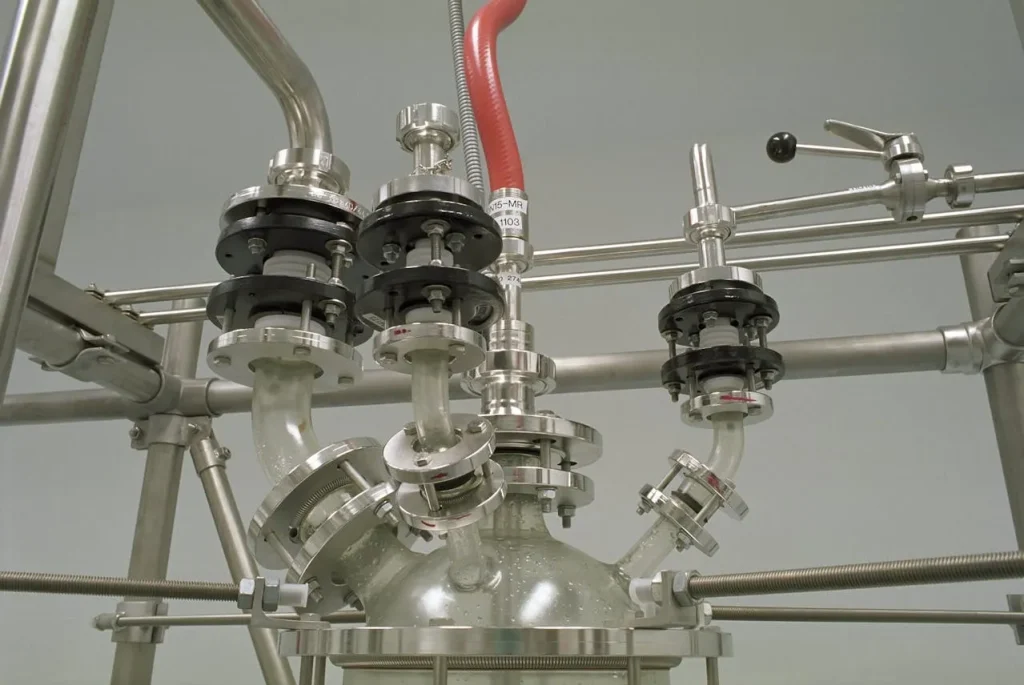
Vacuum pumps are essential tools in a wide range of industrial applications, especially for moving liquids between systems. These devices aid in the effective transport of liquids and gases by offering a reliable means of pressure control within pipelines and vessels. This article examines how vacuum pumps contribute to the efficiency of liquid transportation systems, emphasizing their importance and utility.
Introduction to Liquid Transportation Systems
Liquid transportation systems move liquids from one location to another, often across long distances. These technologies are used in a variety of industries, including food and beverage, oil and gas, and medicines. Usually involving pipelines, tanks, and pumps, all of which cooperate to ensure the proper circulation of the liquid free from contaminants.
Vacuum pumps take gas or air from a system to create a vacuum. They help to maintain a negative-pressure or low-pressure condition, which is required for the simple flow of liquids through pipes and tanks. Whether it’s ensuring a continuous flow in an oil pipeline or assisting in the transfer of chemicals in a pharmaceutical plant, vacuum pumps are crucial in maximizing liquid flow operations.
Maintaining Pressure and Flow Control
One of the key functions of vacuum pumps in liquid transportation systems is to regulate and maintain pressure. Pressure is a main determinant of flow rate and general process efficiency in many liquid transportation systems; by helping to control pipe pressure, a vacuum pump guarantees that it stays steady and within the intended range.
In systems requiring the transfer of liquids under low or high-pressure conditions, particularly crucial is the capacity to control pressure. You can buy vacuum pumps from an online source that provides the required pressure control to guarantee that the liquid reaches its target effectively, whether it is transferring viscous liquids, like oils or resins, or more volatile compounds, such as chemicals or gases.
Preventing Airlocks and Cavitation
Airlocks and cavitation are common issues in liquid transport systems. When air is caught in the system, an airlock results, therefore stopping the liquid from flowing freely. Along with possible damage to pumps and other equipment, this can cause flow interruptions. A liquid transportation system can suffer from both airlocks and cavitation, which would cause inefficiencies and expensive repairs.
By producing a negative pressure that helps to expel air from the system, vacuum pumps are indispensable in avoiding these problems. Vacuum pumps help to prevent cavitation by constant negative pressure, therefore ensuring that the liquid stays in a stable condition while it passes through the pipes and tanks.
Assisting in the Transfer of Viscous Liquids
Many industrial applications require very viscous liquids, which have a thick, sticky viscosity that makes pipe movement difficult. Molasses, resins, and oils are some examples of such liquids. When these pharmaceuticals are administered, they require special attention and care to ensure that they flow correctly and do not block the pipes.
Vacuum pumps are very useful for moving viscous liquids. Vacuum pumps facilitate the passage of these thick liquids through pipes by creating a void and lowering system pressure. This is especially important when transferring liquids across complex pipe networks or long distances. Vacuum pumps help to guarantee that viscous liquids move efficiently and rapidly, thus avoiding delays and operational concerns.
Enhancing System Efficiency
The efficiency of a liquid transportation system is crucial for ensuring that liquids get to their destination on time and at a reasonable cost. Any system flaw or disruption could cause delays, higher running expenses, and can be dangerous situations. By preserving pressure and guaranteeing that liquids flow unhindered, vacuum pumps are quite important in improving the efficiency of these systems.
Vacuum pumps assist in simplifying the whole transportation process by controlling pressure and providing the appropriate conditions for liquid movement. Many times, the usage of vacuum pumps can drastically lower energy consumption, thereby enabling the long-term cost-effective and environmentally friendly whole liquid transportation system.
Conclusion
Vacuum pumps play an extremely important role in liquid transportation systems. Maintaining pressure, avoiding airlock and cavitation, helping to transfer viscous liquids, and improving the system’s general efficiency all depend on these devices. In sectors ranging from oil and gas to pharmaceuticals, where the success of operations depends on the seamless and safe transportation of liquids, they are vital. Modern industrial operations would benefit from vacuum pumps since they guarantee effective, safe, and minimum disturbance transportation of liquids.
